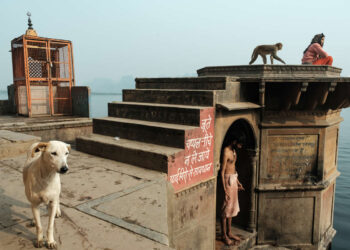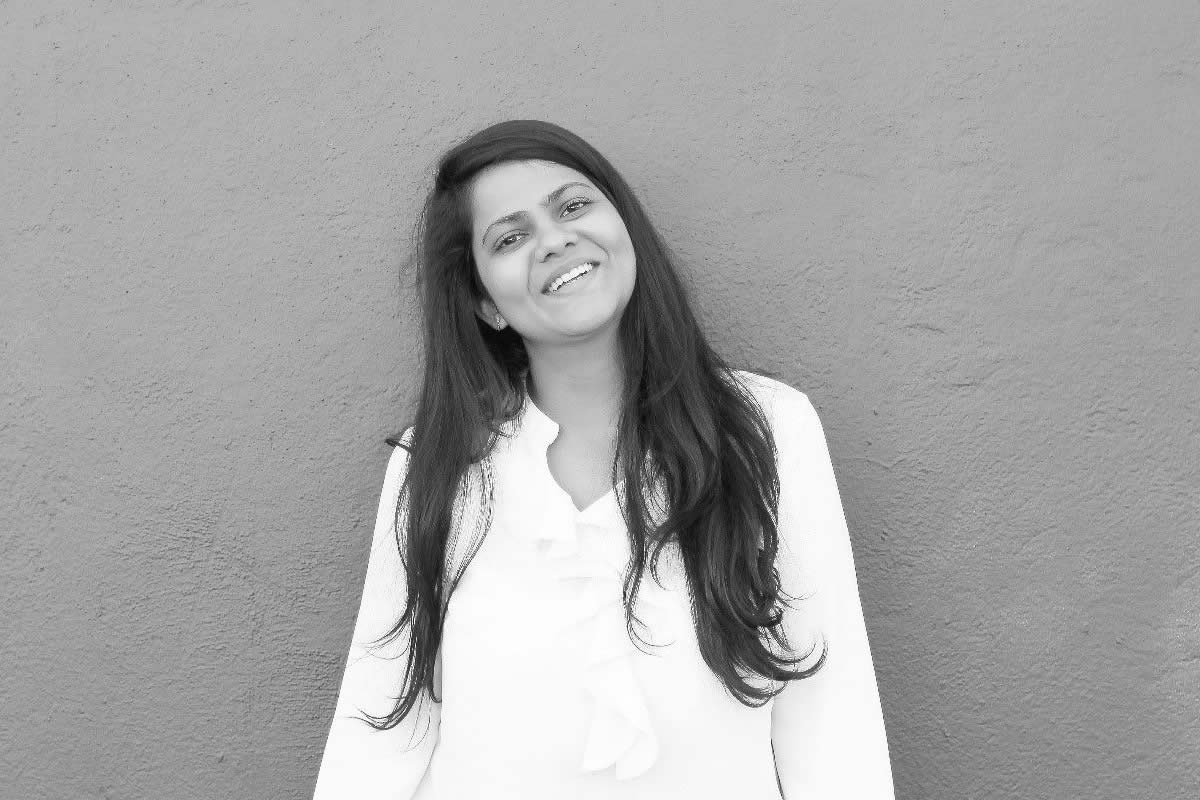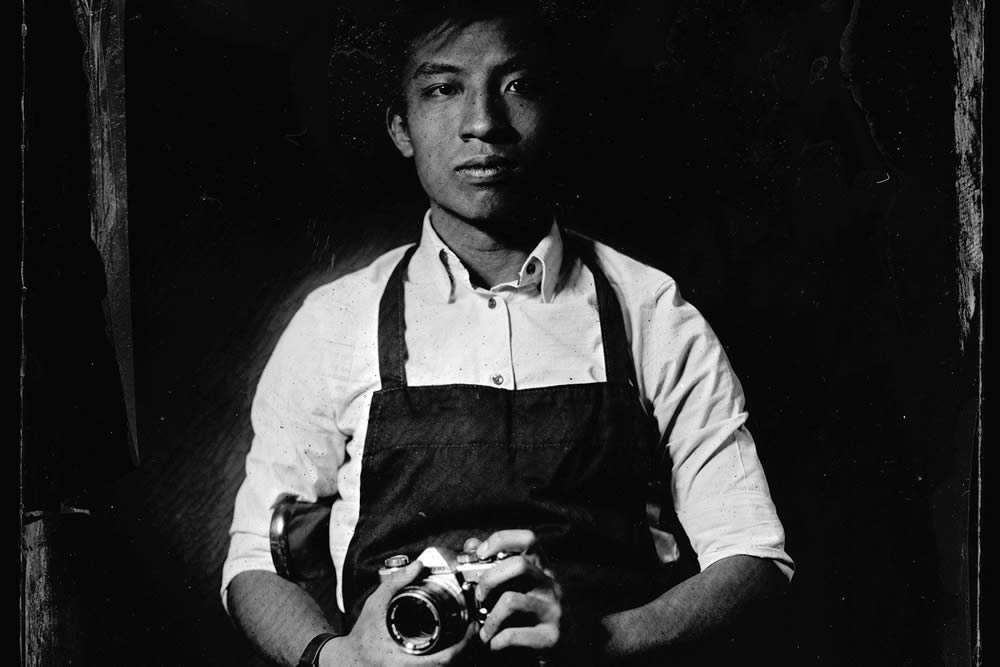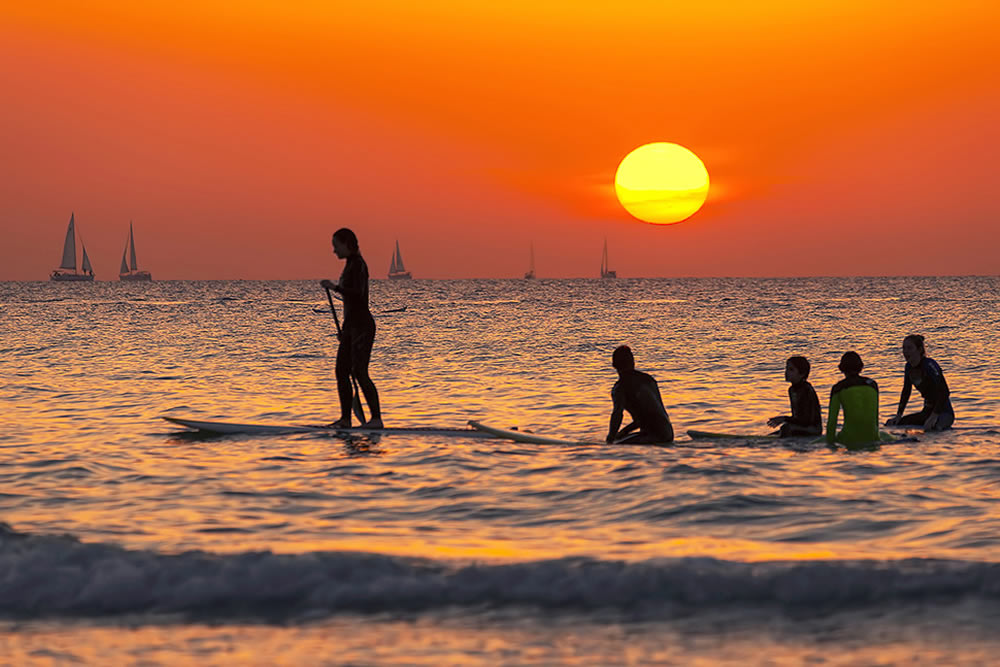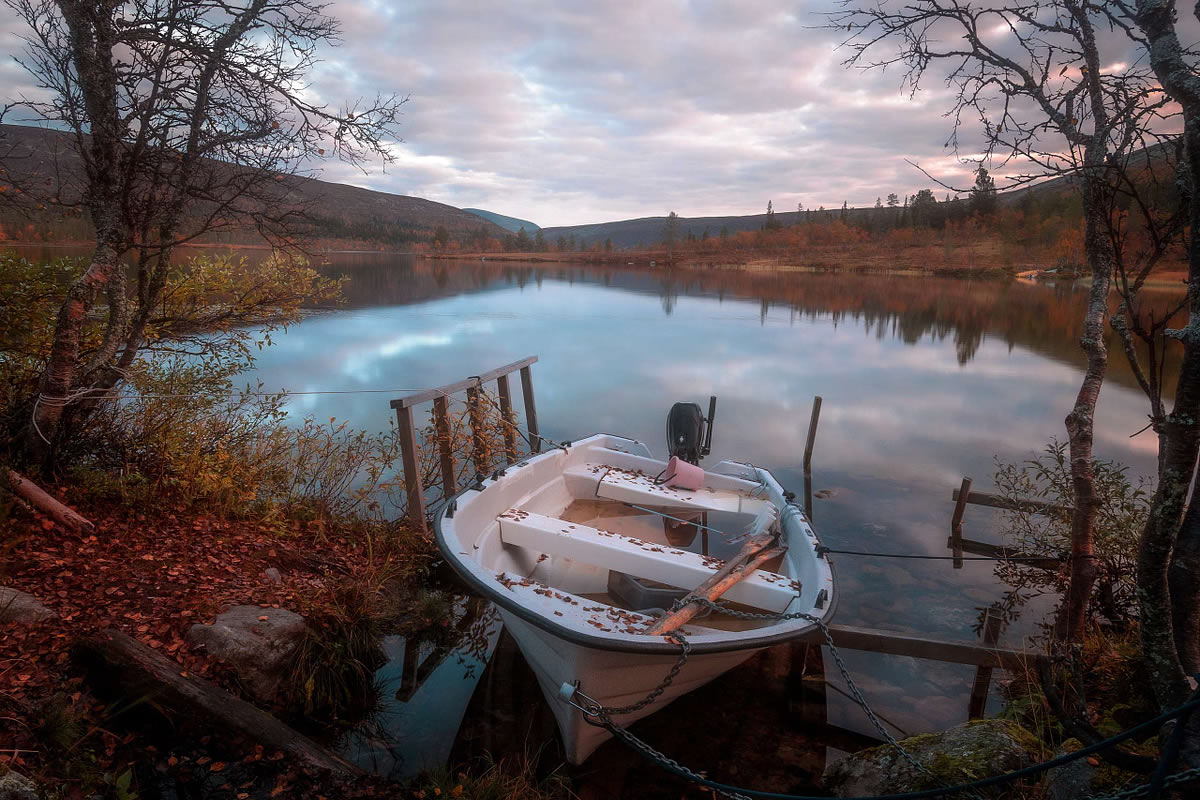Stefano Lista is an Italian Photographer born in 1974 and studied Economics. At the age of 36, he decided to quit his job and fully devote himself to photography. Today he is a documentary photographer and a teacher. Thanks, Stefano for accepting our invite. Please read on…
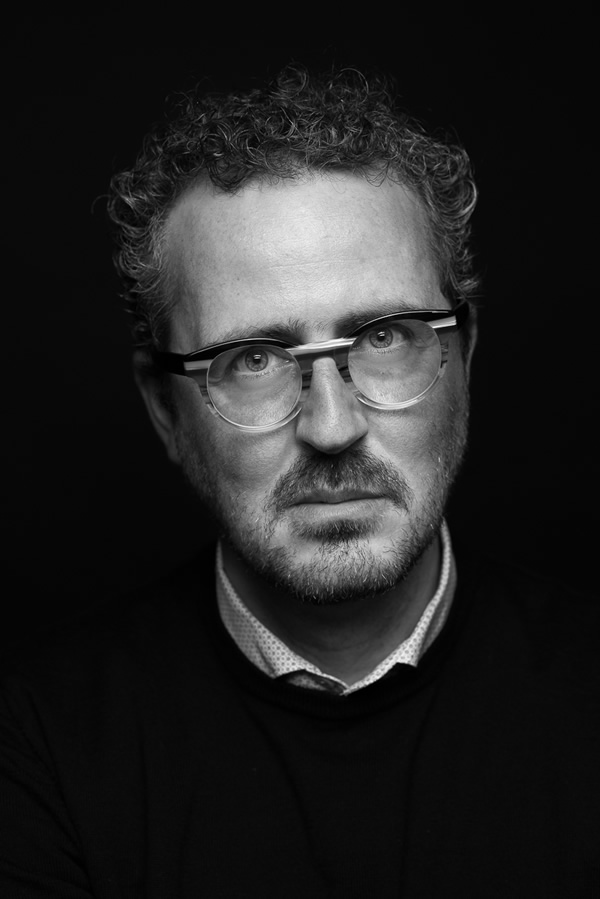
Hi Stefano, thank you for joining us here today! First of all, Could you please introduce yourself?
I am a middle-aged Italian man, husband, and father of two wonderful children. I studied Economics. At the age of 36, I decided to quit my job and fully devote myself to photography. I began to study photography, starting from its history, its language, and its greatest authors. Today I am a documentary photographer and a teacher.
Please share some of your childhood memories towards the art?
Like many of my peers, my father was the “instigator” of photography, and photography has been my first contact with art. I clearly remember his macro photographs of a praying mantis and his “photographic tricks” with double exposures. I began my first experiments at the age of 10 by photographing diecast model cars in my neighbor’s garden. I used to breathe on the front lens to tarnish it and simulate fog. Everything was incredibly fascinating. Unfortunately, over the years I have lost both the camera I used and the photos I took. I don’t know what I’d do to get them back.
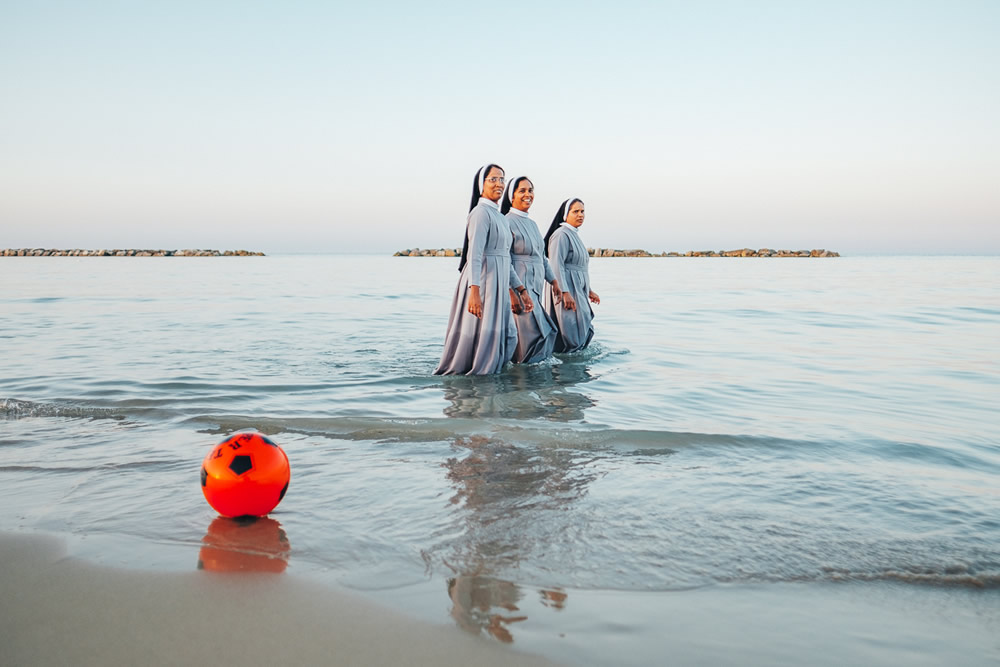

When did you start shooting and how did this love for photography happen?
At the age of 35, I decided to give myself an expensive camera, a Canon EOS 5D Mark II. I used it for pleasure and passion. I shot some photos to my friends’ weddings and many of them chose to include my photographs in their wedding albums, alongside those of the main photographer.
In those weeks friends asked me to organize a photography course for them. We spent carefree moments between diaphragms, shutters, and composition rules. At the end of the course, my friends suggested me to repeat it for their other interested friends. So, with word of mouth, I held a second course. And then a third … And so I taught over 60 courses in the past 10 years with an average of 24 students per course.
In the summer, when school activities are down, I like to photograph some selected weddings with a candid approach. The most representative photos have become a photographic project, “Till Death” distributed for editorial purposes by Parallelozero Photo Agency.
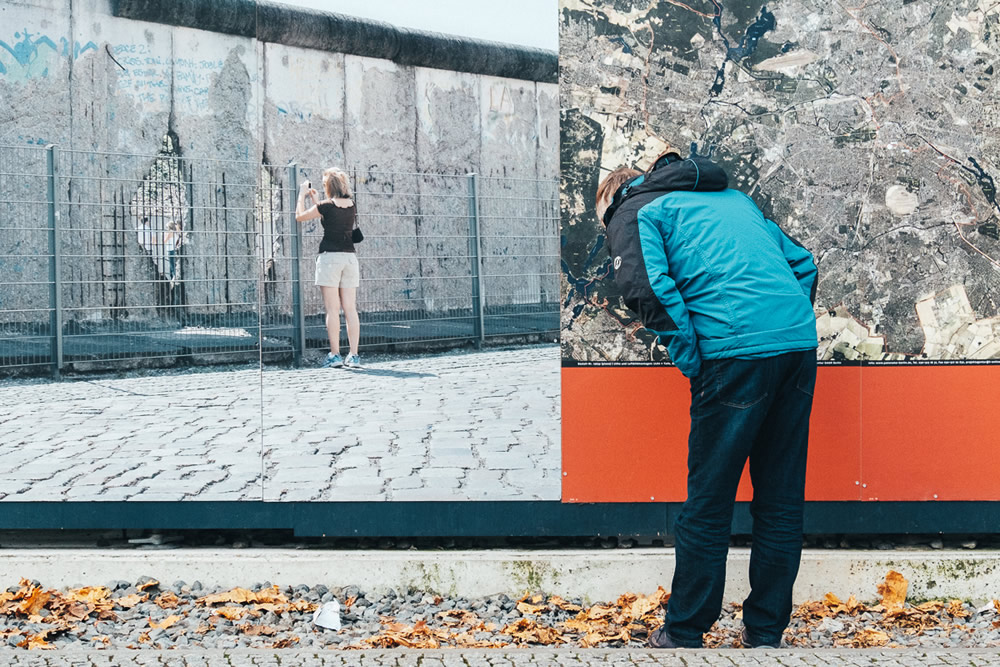

What makes a street photography so special for you?
I got a love-hate relationship with street photography. I love it as a creative process. I love wandering the streets of the world with an attitude of listening and submission to providence. What I don’t like, on the other hand, is related to the standardization of genre in the international arena and the lack of interesting photo projects.
I mean that the result of years of collectives, contests, and festivals is taking the form of single joke-like photos that are, in my humble opinion, quite boring and uninspiring.
I could therefore say that a special street photograph for me is a photograph that looks more like a poem than a joke. And it’s typically organized into projects.
A poem escapes the rules. Poetry is the transgression of reason. It needs time to be understood, it is silent. And to build an effective one you need to resort to complexity.
On the contrary, a joke is immediate, it immediately snatches a smile. It is based on an evident and shouted “simplicity”. It doesn’t engage us, it does not force us to reason.
I think the great street photographers of the past were definitely poets. I think it needs to be said clearly: there is a huge difference between the work of Robert Frank (or Martin Parr) and that of most contemporary street photographers.
In recent years I have tried to treasure what I have learned and I have developed some photographic projects. I am fond of two in particular:
“On Board” which is a reflection about “non-places” read through the cruise passenger experience. And “Only after you can die” which is my love tribute to Naples, the only city in the world whose main monument is not a building, but its own inhabitants, the Neapolitans.


You are also a photography teacher, what are you teaching?
Over the years my basic photography courses have become a school. Today I lead Meshroom Photo, one of the largest photography schools in central Italy. I started collaborations with the most important Italian and international photographers.
Today, in addition to basic courses, I hold courses in Reading Images, evolution of photographic language, history of photography, courses about Lightroom and a “Master in Photography” that lasts a whole year. The Master is in its seventh edition and has always been sold out. The first five editions were titled “Master in Street Photography”, but two years ago I have chosen to simply rename the experience to “Master in Photography” and to involve photographers who can teach photographic genres such as Landscape Documentary, Portrait and Self-portrait. I strongly believe in the contamination of photographic genres.
And I strongly believe that the time has come to question what will happen next, what I call “post-street photography”.


What is your 5 tips for budding photographers?
What a good question! It forces me to make a selection.
- Select: You can’t keep everything. Saying “taking pictures” is like saying “doing sport”. But if you want an identity you will have to tighten your field of action …
- Transfigure: reality is not interesting for others. What matters is to transform reality through your eyes, your vision. It is one of the hardest things to learn. It takes time…
- Eat culture: not only (and not so much) photography, but also (and above all) good art, good literature, auteur cinema, good music.
- Forget the equipment: it is the greatest illusion, what takes you away from a good result …
- Enjoy: photography makes sense to the extent that you enjoy doing it.
- Remove the boundaries: do not ask yourself what “is street” and what “is not street photography”. No great photographer has done it, why should you do it?
Ops… six instead of five… will you forgive me :-)


What is a good photograph for you?
I use the words of Irving Penn: “A good photograph is one that communicates a fact, touches the heart and leaves the viewer a changed person for having seen it.”
I believe there is a precise order suggested by Penn:
- first communicates a fact
- this fact is capable of moving me
- this emotion causes a change
I am afraid that we are all bogged down in point 2 of the succession: “emotion”. Which is not by chance a word that marketing has appropriated, just like “storytelling”.
We are no longer interested in the facts that lead to emotion. Nor are we interested in changing ourselves after experiencing an emotion in front of an expression of art …
I have the feeling that the main function of emotion, for many contemporaries, is to let time pass by avoiding all thoughts… Not good at all..


Could you please share one or two photographs from your portfolio and the story behind it?
When I started doing street photography I was obsessed with the spontaneity of photographs. So if someone asked me for a portrait I did it unwillingly because I was convinced that it would not be a good street photograph.
These girls asked me for a portrait a few years ago and they posed like this in front of my camera. Looking at the photo, I realized how much it contained rituals, myths and aspirations of pre-teens. It worked. There wasn’t much to add.
And so I realized how ridiculous my prejudice was, the boundary that I had unnecessarily put around the term “street photography”.

What do you do to keep motivated, and not lose your passion for photography?
Two years ago I would have replied that the best way to stay motivated is to carry out a photographic project. Today, after the experience of Covid-19, I would say that one of the best suggestions I can give is to make the most of your smartphone.
Many people underestimate the potential of this tool. Photography, as the works of the greatest photographers teach us, is almost never a question of “image quality”. And to be honest, the image quality of some smartphones is really close to that of professional cameras.
Choosing to use the smartphone in the creative process keeps us with our minds committed to the result. We never have the excuse “I didn’t have the camera with me”. It is always in our pockets and any time is good to say “welcome” to a photograph.
I believe that this possibility trains our vision. I think it would be a great message if festivals and photography contests stop creating separate categories for photos taken with smartphones. Photography is one and only one, regardless of the tool used to keep it.


Which photographers have inspired you?
There would be a lot, I’ll just name a few …
- The first is obvious: Robert Frank with “the Americans” was a turning point, a milestone.
- Martin Parr taught me the obsession with a specific theme (globalization, unbridled consumerism, kitsch … but not only) and the indulgent but painful gaze towards humanity.
- I love color-photography pioneers, from William Eggleston to Stephen Shore. They did not need absurd juxtaposition or alignments to describe an era full of changes. They made the mundane a research topic.
- I love poets, those whose sensitivity is evident in their photographs. One above all: Marco Pesaresi.
- I love photographers like Paul Graham, who are able to think about complexity and contradictions.
- I love photographers with a landscape drift like Joel Sternfeld or Alexander Gronsky.
- I love the photographers of the silence of the suburbs, such as Luigi Ghirri and Guido Guidi.
- And I love the irony (which has nothing to do with jokes) of Martin Kollar, Carl De Keyzer or Jonas Bendiksen.

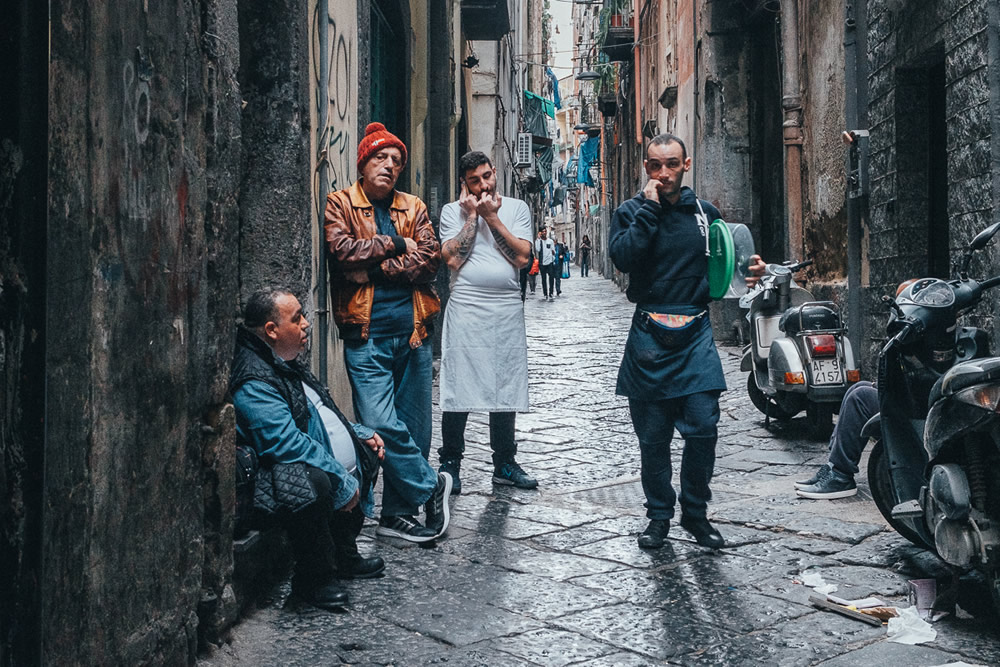
What camera and lenses do you use the majority of the time?
For commissioned works I use the “cheap” Fujifilm mirrorless cameras with bright wide-angle primes (16mm f/1.4, 23mm f/1.4).
For personal photography and projects I use my smartphone (a Google Pixel 4) and the Fujifilm XF10.

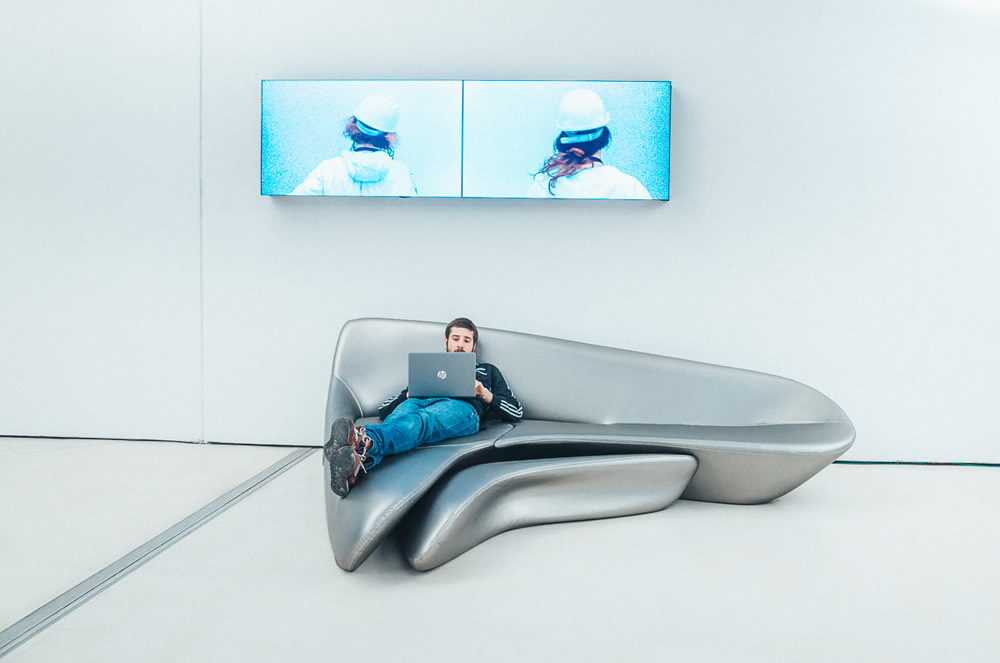
Any favorite photography books?
Meshroom, my photography school, has a huge collection of photo books. We are convinced that it is the ideal means of dissemination for contemporary photography.
I have already mentioned some authors and titles in the question about the photographers who inspired me. Here are some of my favorite books:
- “Provisional Arrangement” by Martin Kollar
- “Pictures from home” by Larry Sultan
- “Kodachrome” by Luigi Ghirri
- “Selected Works” by Stephen Shore
- “Moments before the flood” + “Higher Ground” by Carl De Keyzer
- “American Prospects” by Joel Sternfeld



What does Stefano do when not behind the lens?
Having a photography school means having to manage many aspects that have nothing to do with photographing.
Commercial and administrative aspects unfortunately absorb a large part of my time.
I spend the rest of my time with my family and friends. But even in those moments, I can’t stop taking pictures. Sooner or later I’ll have to select the most evocative family photos to make a photographic work out of them. Maybe I could think of making a book out of it.


What do you consider your greatest achievement?
I don’t like celebrating birthdays, anniversaries, milestones, awards, achievements.
So it is very difficult for me to answer this question. I can only say that all my successes are the result of having taken up a challenge launched by a dear friend or relative. A challenge that often seemed like a joke or something impossible to accomplish.
I believe that each of us has a vocation, but we can only discover it if we listen deeply what life whispers to us.


Apart from photography, tell me about your hobbies and interests?
I really like to program software. I consider it a creative act, a language. Just like photography.
Since Covid-19 restrictions have given me a lot of free time in recent months, I have developed a management software for photographers that I will market next year.
I am very passionate about technology and the digital lifestyle.
I love cinema, surrealist literature, progressive rock music, and “Indietronica” music.

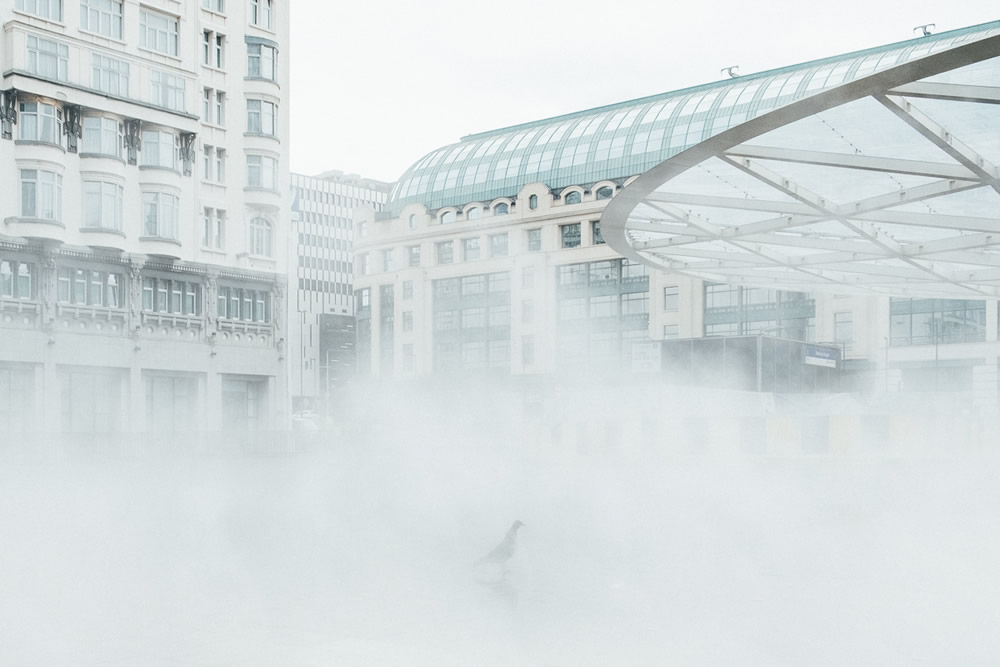
Thanks again for providing 121 Clicks with this opportunity to interview you. Any final thoughts for our readers?
Thanks to you and your thought-provoking questions.
My final thought is this: we can all choose whether to copy what others have done or invent a new path. Social media push us to the first choice. From my experience, believe me, the second choice is the one that will give you the greatest satisfaction in the long run. Let’s enjoy photography as a liberating act and not as a competition!


You can find Stefano Lista on the Web :
Copyrights:
All the pictures in this post are copyrighted to Stefano Lista. Their reproduction, even in part, is forbidden without the explicit approval of the rightful owners.


